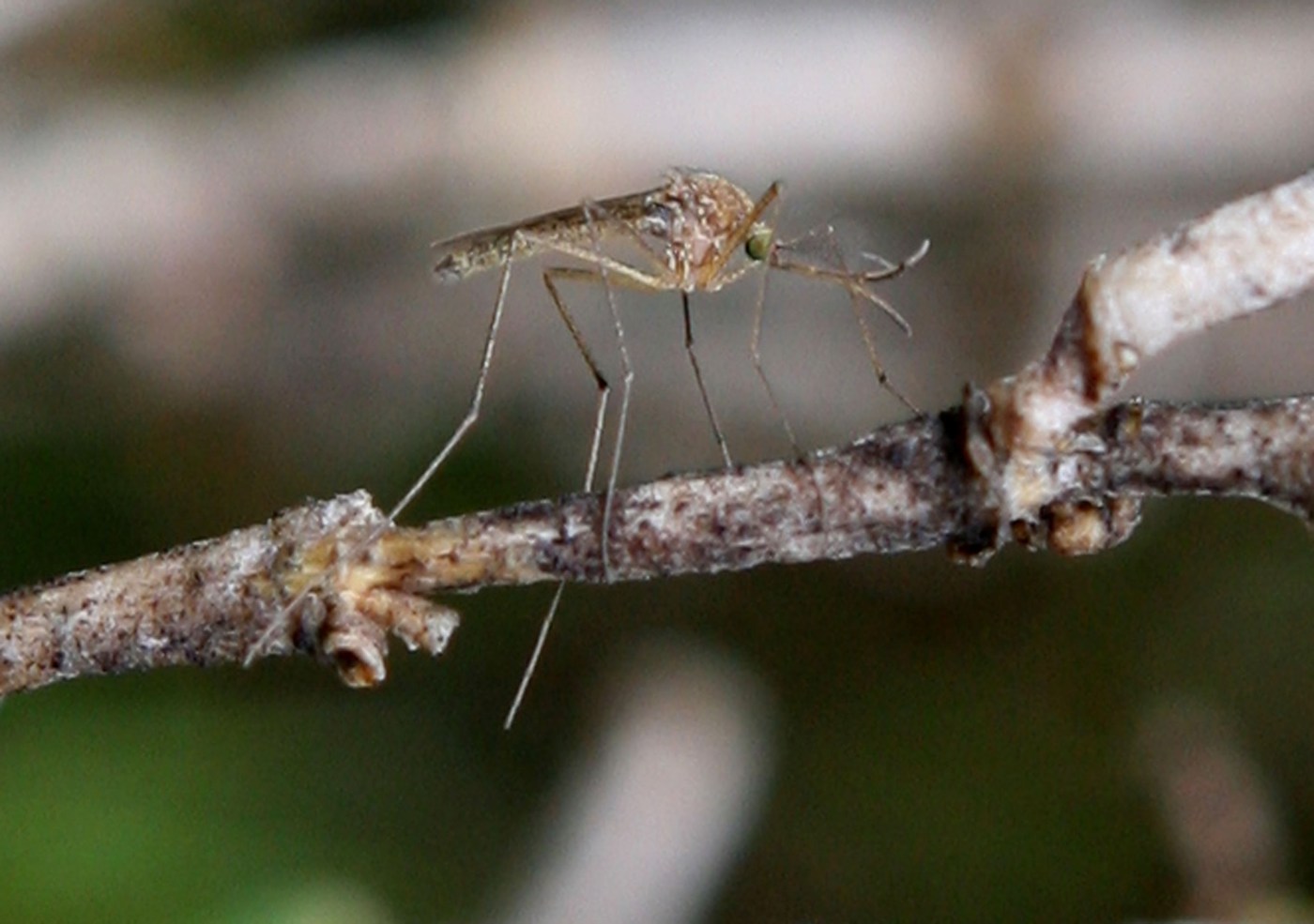
West Nile virus was detected in Contra Costa County, the Contra Costa Mosquito and Vector Control District said Monday.
The district said a California scrub jay in San Ramon tested positive for the pathogen — the first bird in the county to test positive for West Nile virus this year, though both Alameda and Santa Clara counties have also reported infected birds in 2025.
The district said infected birds are often the first sign of West Nile virus in Contra Costa County.
“We typically start seeing West Nile-positive birds and mosquitoes in Contra Costa County around this time of year,” said Steve Schutz, the district’s scientific program manager, in a news release. “Our neighboring counties have been reporting positive samples for several weeks now. As the weather warms up, the risk of human cases will continue to increase.”
According to the U.S. Centers for Disease Control and Prevention, West Nile virus is the leading cause of mosquito-borne disease in the United States. Mosquitoes can spread the virus to humans after feeding on birds that carry the contagion.
There are no vaccines to prevent or medicines to treat West Nile in people, the CDC said, but most infected people do not feel sick and only about 1 in 5 people develop a fever and other symptoms, including headache, body aches, vomiting, diarrhea or rash.
According to the CDC, only about 1 out of 150 infected people develop a serious, sometimes fatal, illness. People older than age 60 and those with weakened immune systems are more likely to get seriously sick, the California Department of Public Health warns.
There have been three human cases of West Nile virus in California this year, with one fatal case, the state public health department said. There were 132 human cases in 2024, 12 of which were fatal.
The Contra Costa Mosquito and Vector Control District advised residents to dump out standing water — where mosquitoes lay their eggs — at least once a week to reduce the risk of mosquito bites and cut down on the overall mosquito population. The district also recommended using an EPA-registered insect repellent to reduce the risk of mosquito bites and to report dead birds at 877-968-2473.